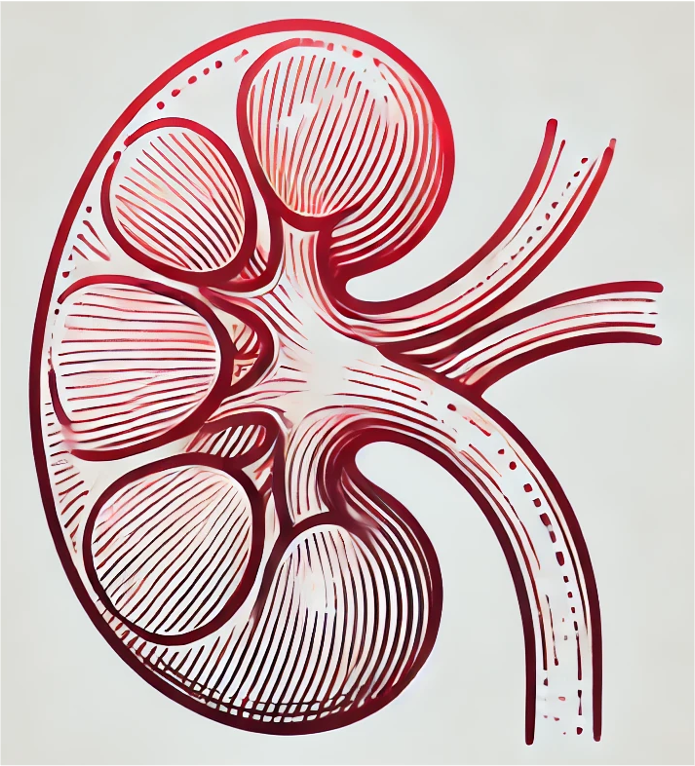Description
Abstract: Our intake of ultra-processed foods has dramatically increased over the past few decades in line with the prevalence of obesity and diabetes, key risk factors for microvascular diseases such as chronic kidney disease (CKD). The extent to which long-term intake of highly processed food influences CKD outcome is unclear. Here, we show in rodent models that a highly processed diet drives intestinal barrier permeability and an increased risk of CKD. Inhibition of the advanced glycation pathway, which generates Maillard reaction products within foods upon thermal processing, reversed kidney injury. Consequently, a highly processed diet leads to innate immune complement activation and local kidney inflammation via the potent proinflammatory effector molecule complement 5a (C5a). C5a receptor inhibition ameliorated albuminuria. In a mouse model of diabetes, a high resistant starch fiber diet led to a redistribution of the gut commensal consortium, prevented impaired gut barrier function and decreased the severity of kidney injury via suppression of complement. These results provide mechanistic insight into the role of highly processed foods on inflammation and chronic disease risk. One Sentence Summary: Ultra-processed diets promote chronic kidney disease
Overall Design
The db/db mouse model of obesity was used to test the effect of different diets on renal transcriptomes. There were three diet groups (1) a standard chow diet, (2) heat-treated diet, and (3) heat-treated with added resistant starch. There were n=5 animal in each group. RNA was extracted from renal cortex for RNA-seq using a ribosomal RNA depletion library preparation.
Curator
hy_li
